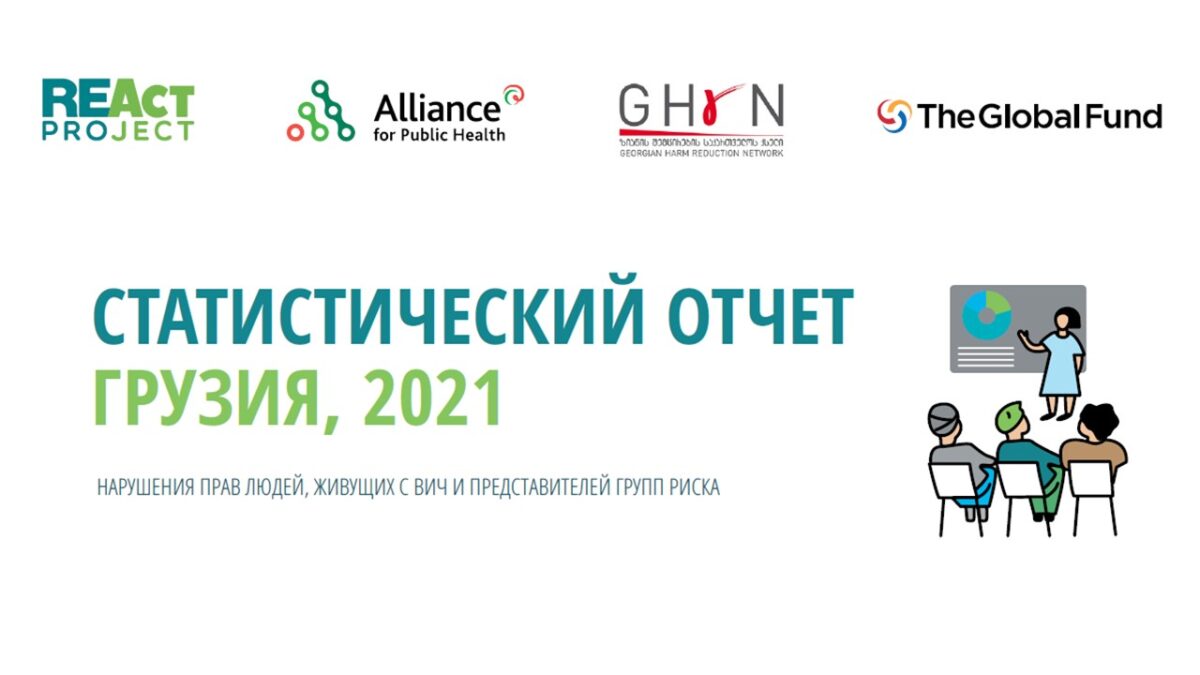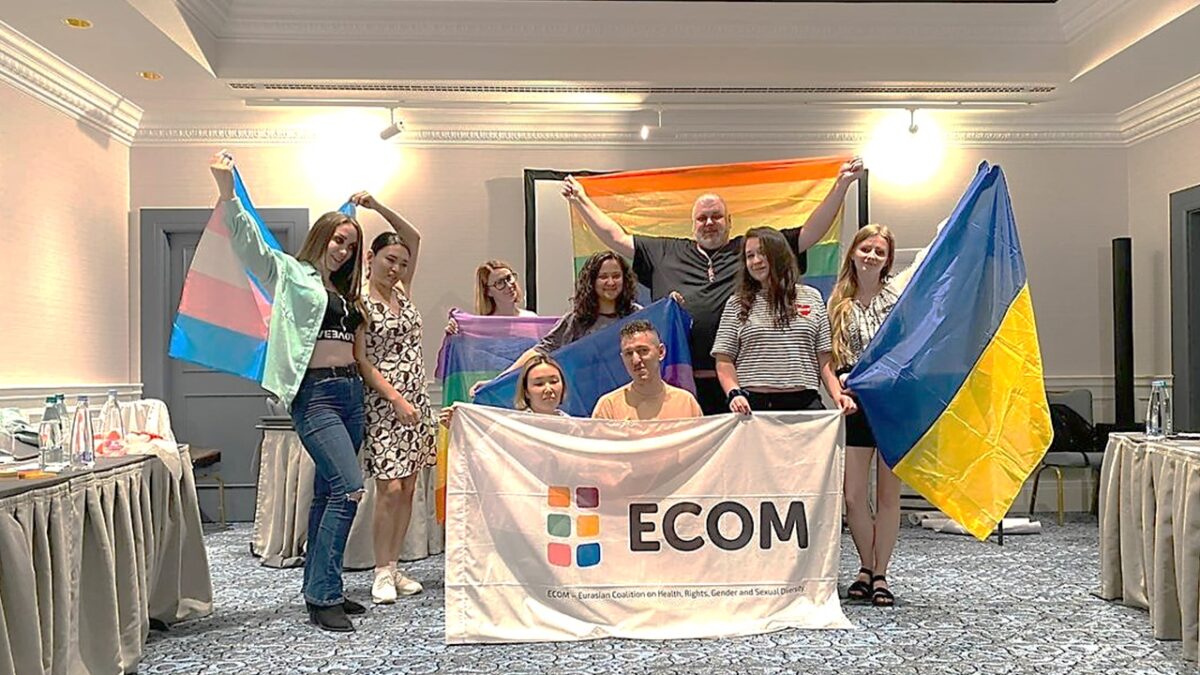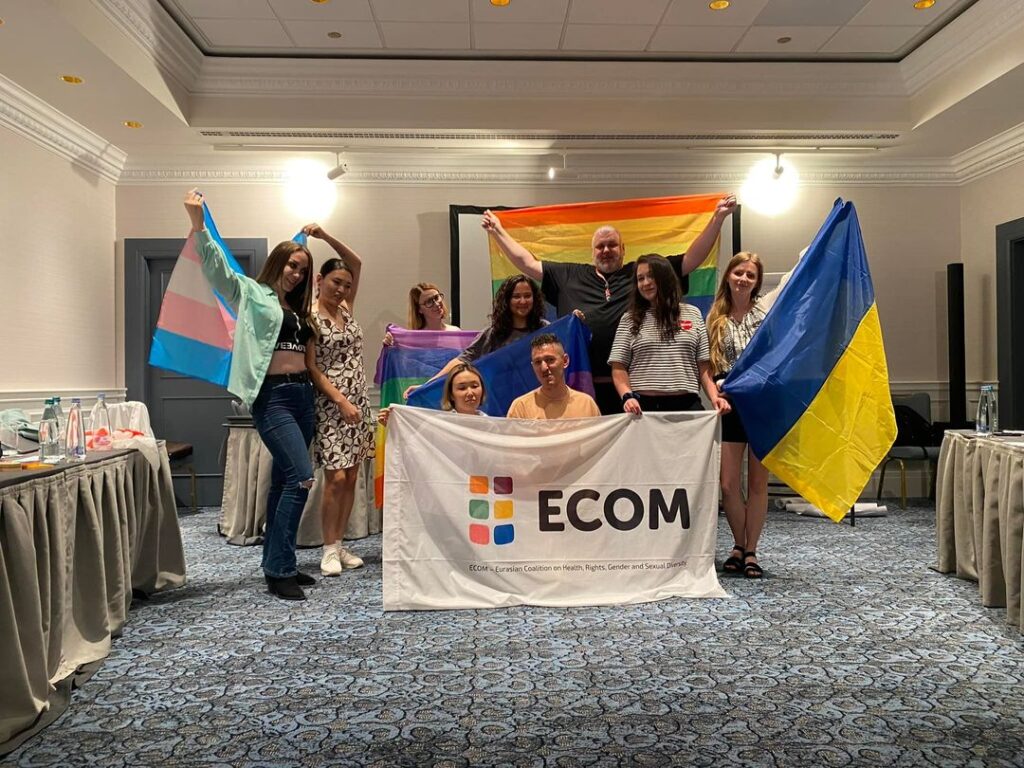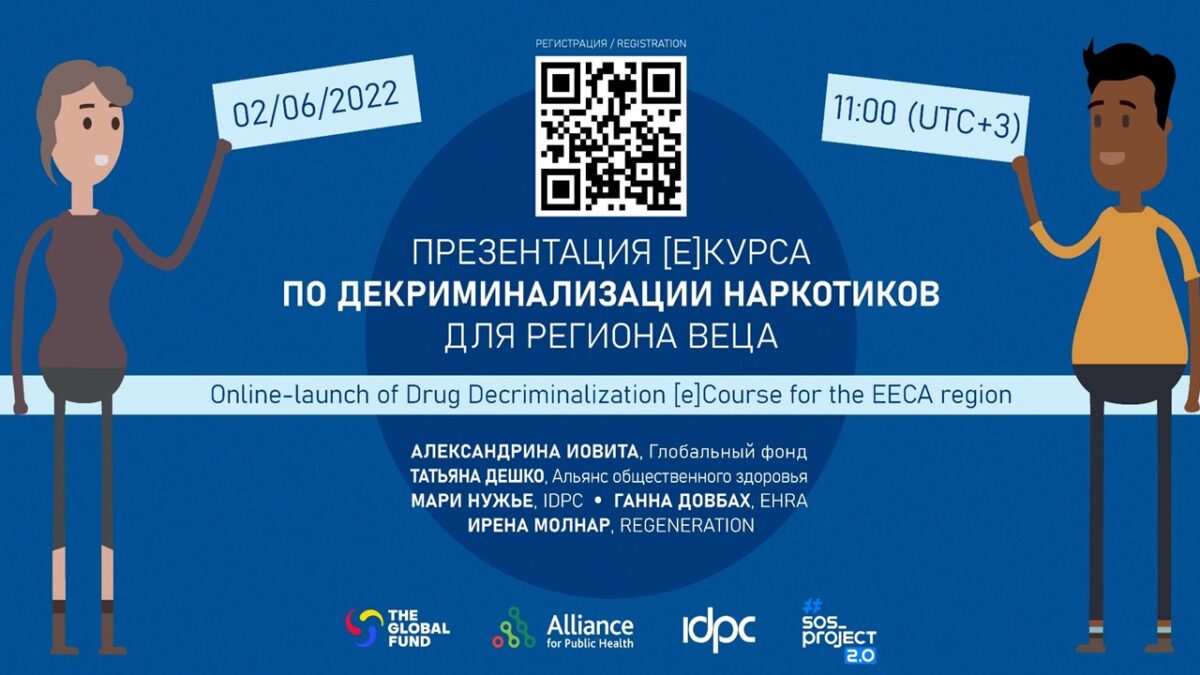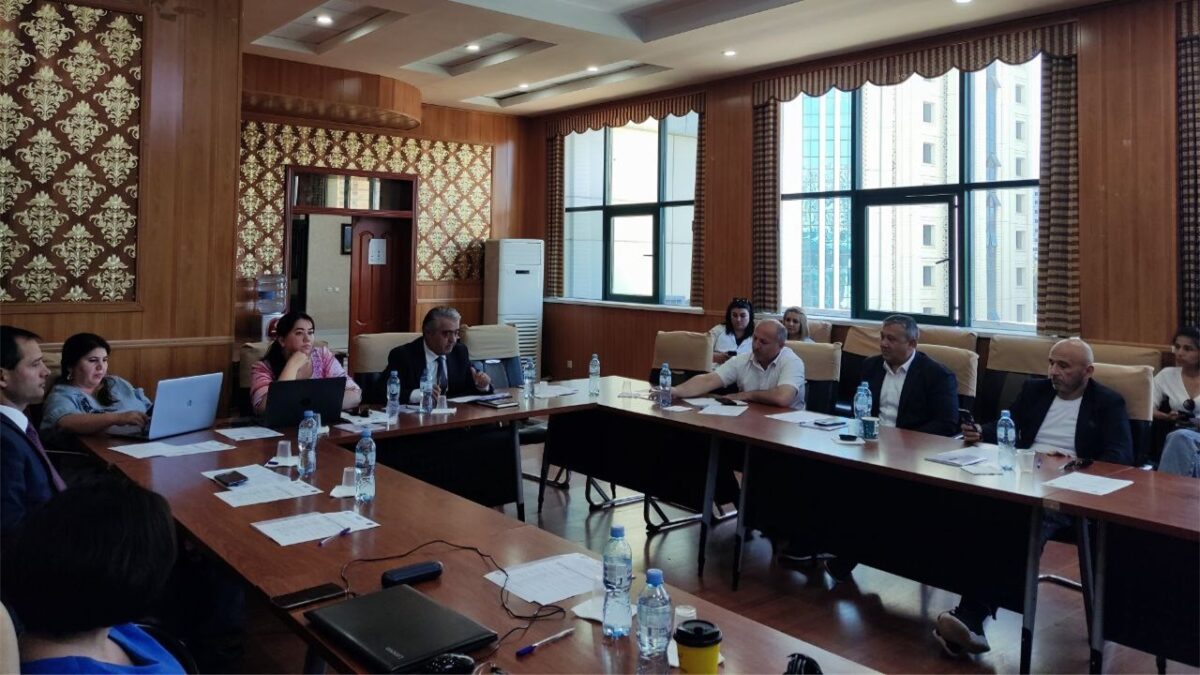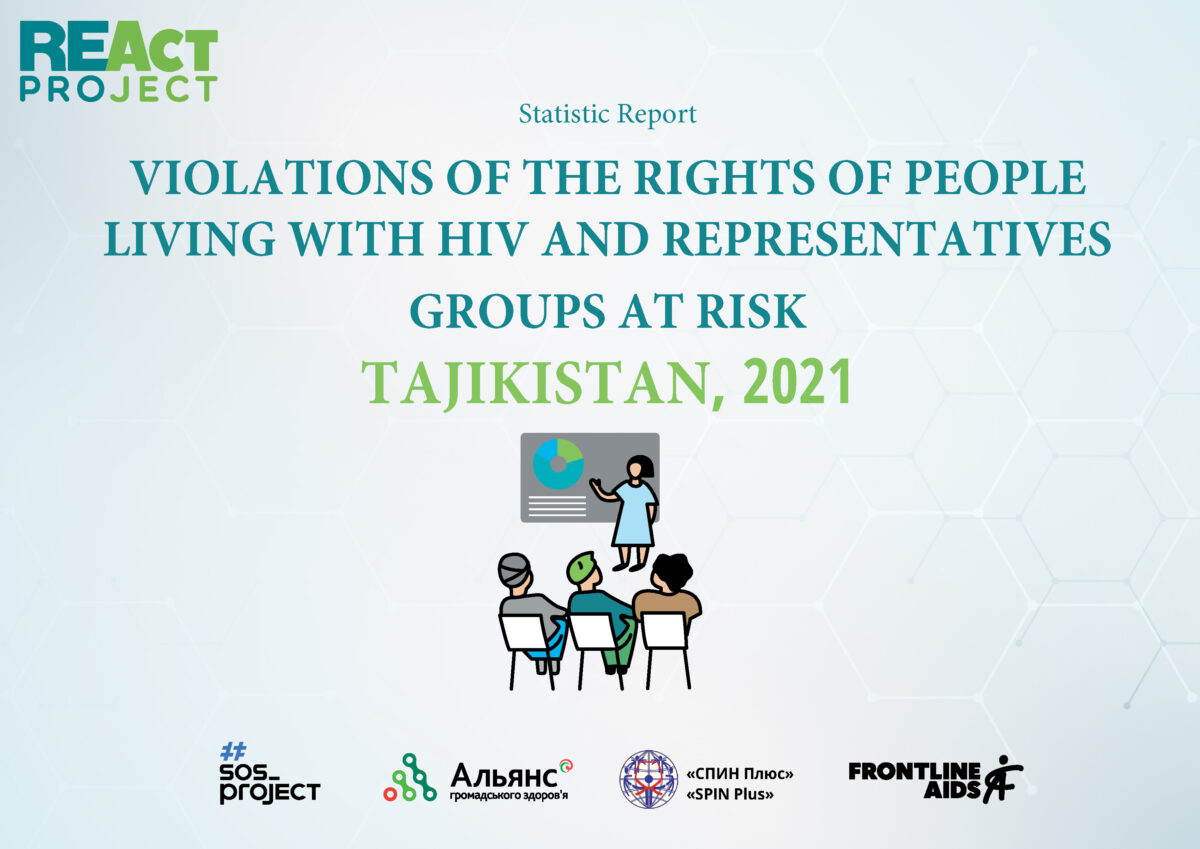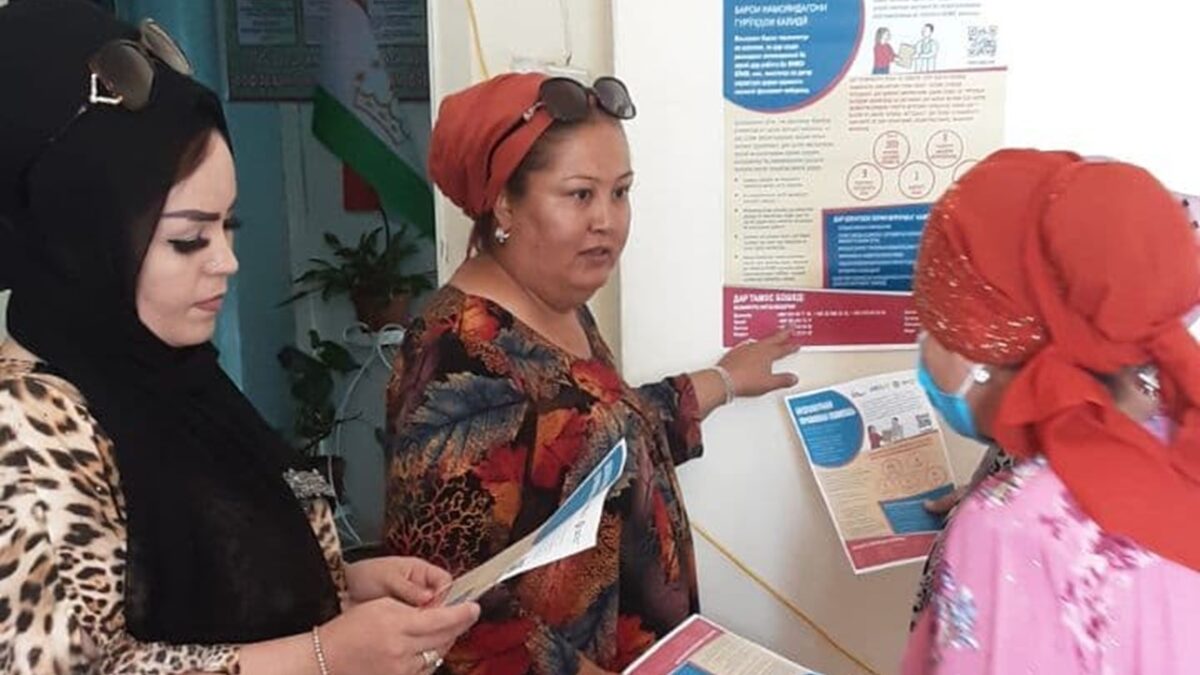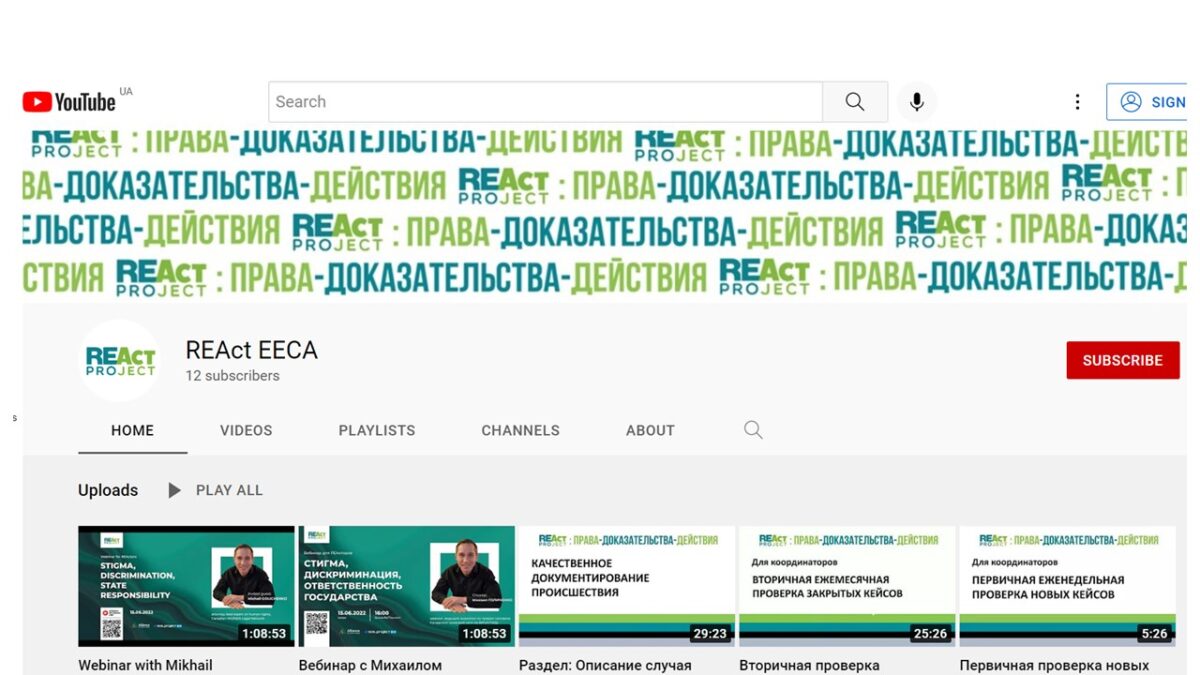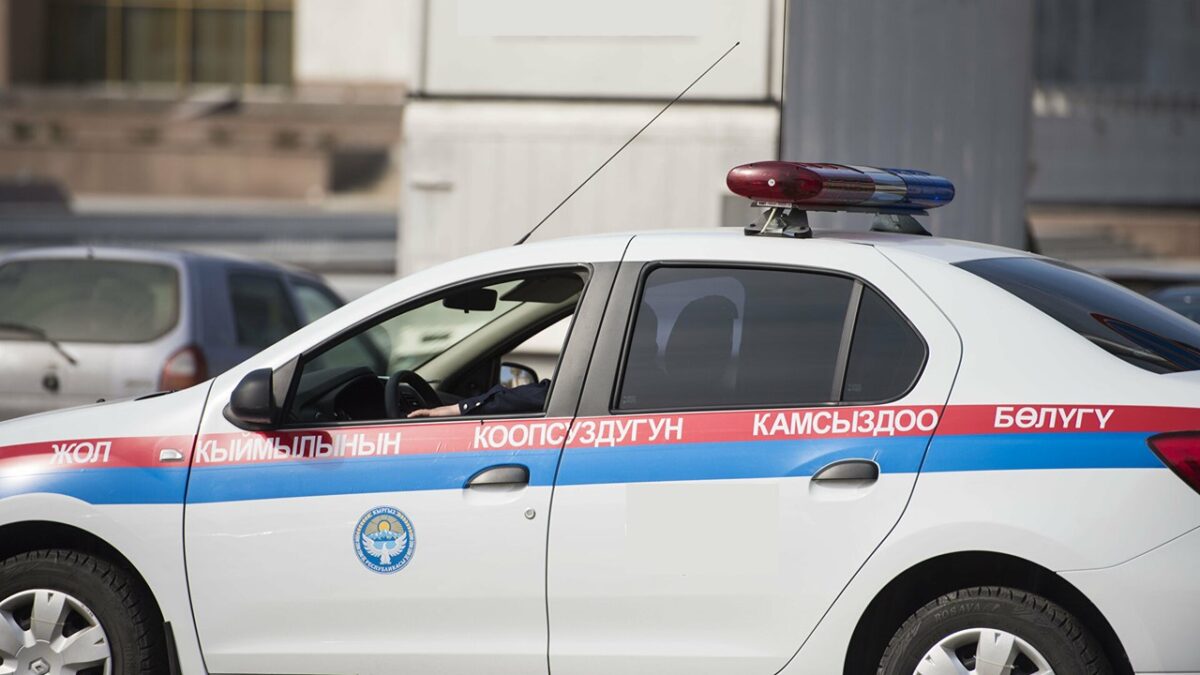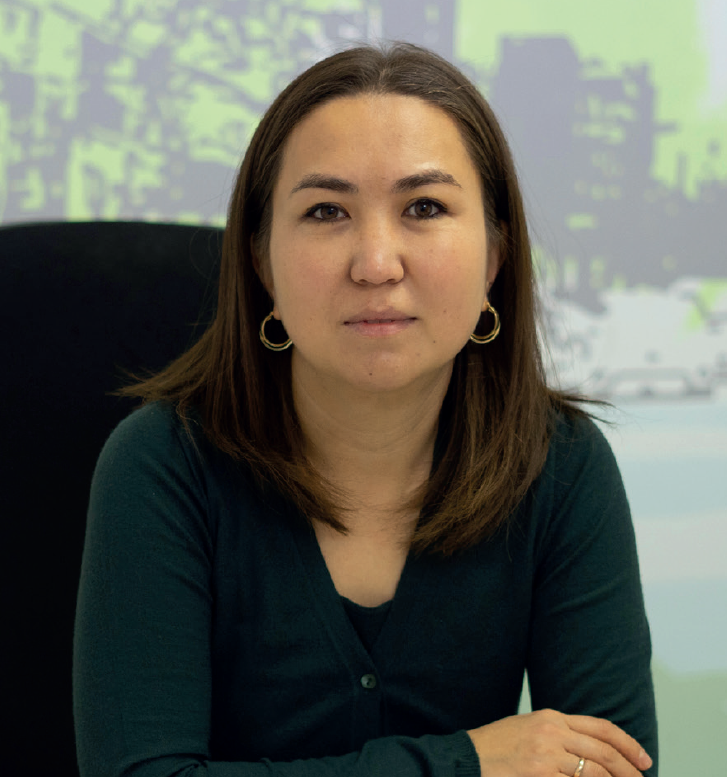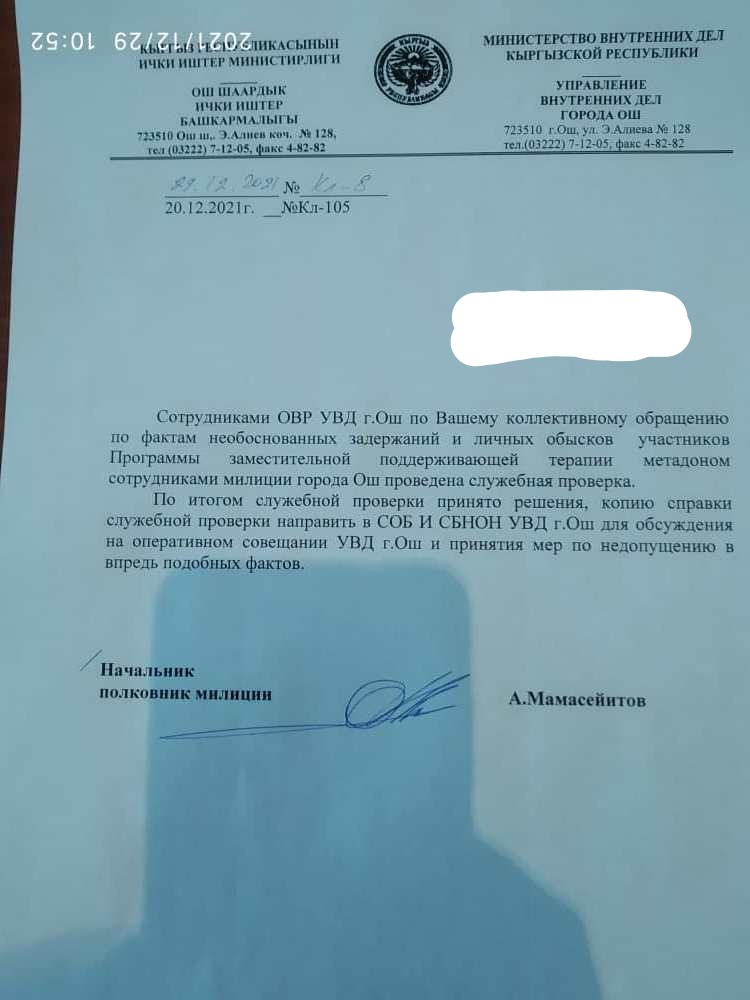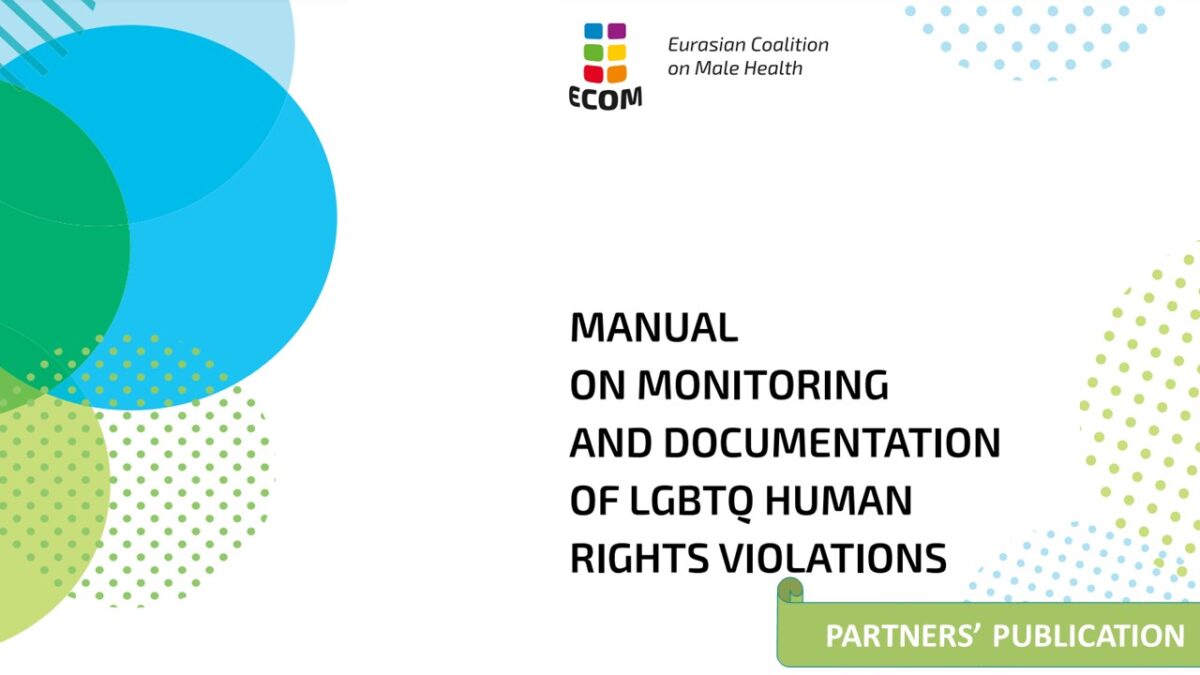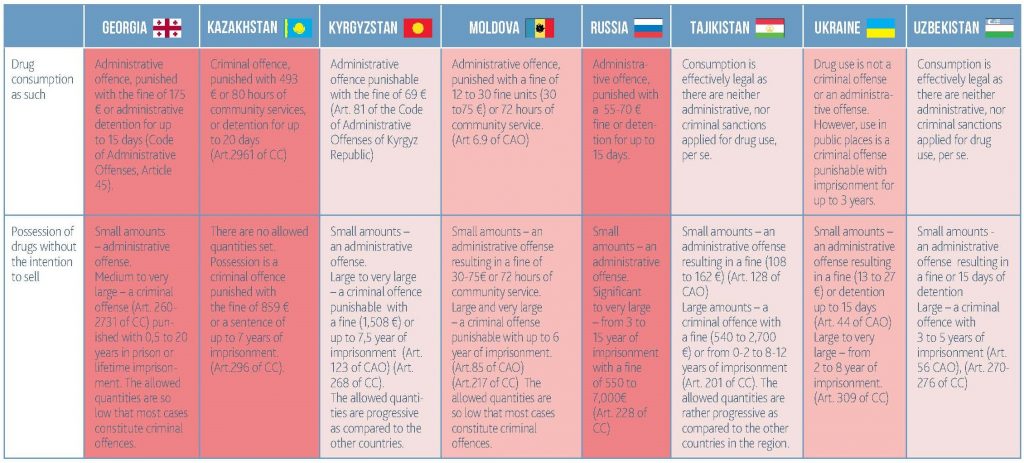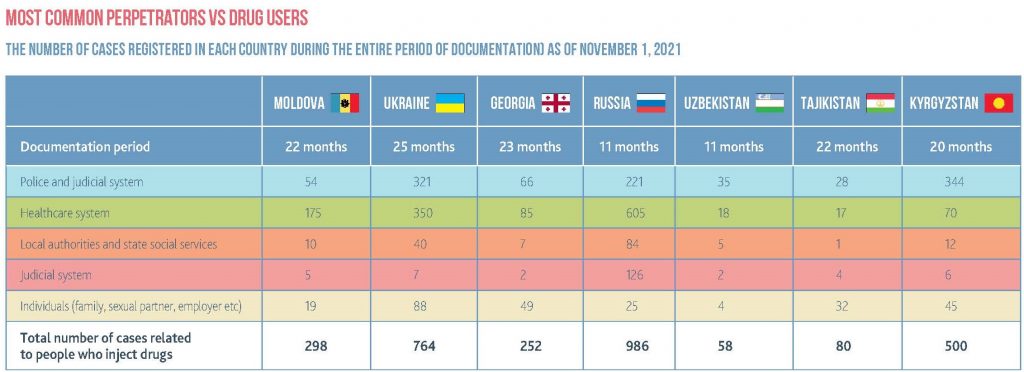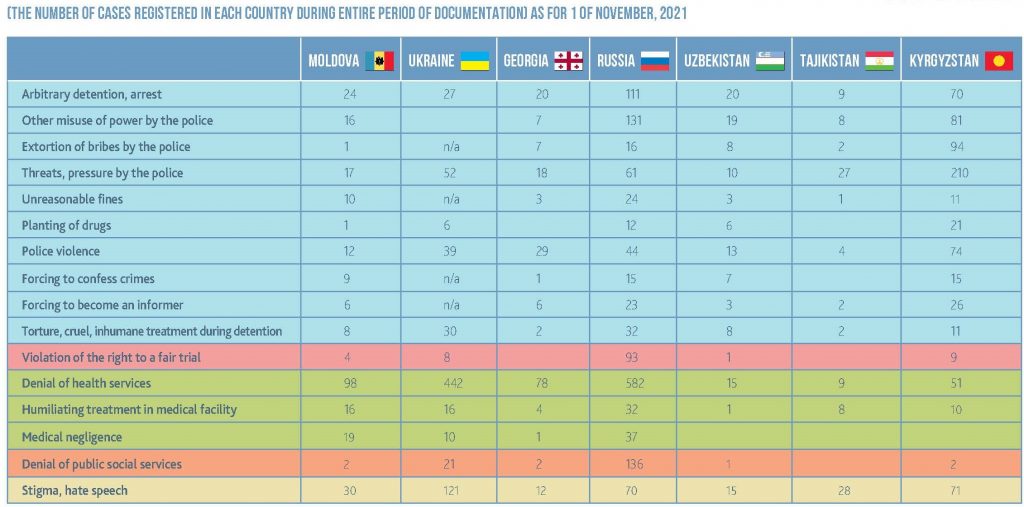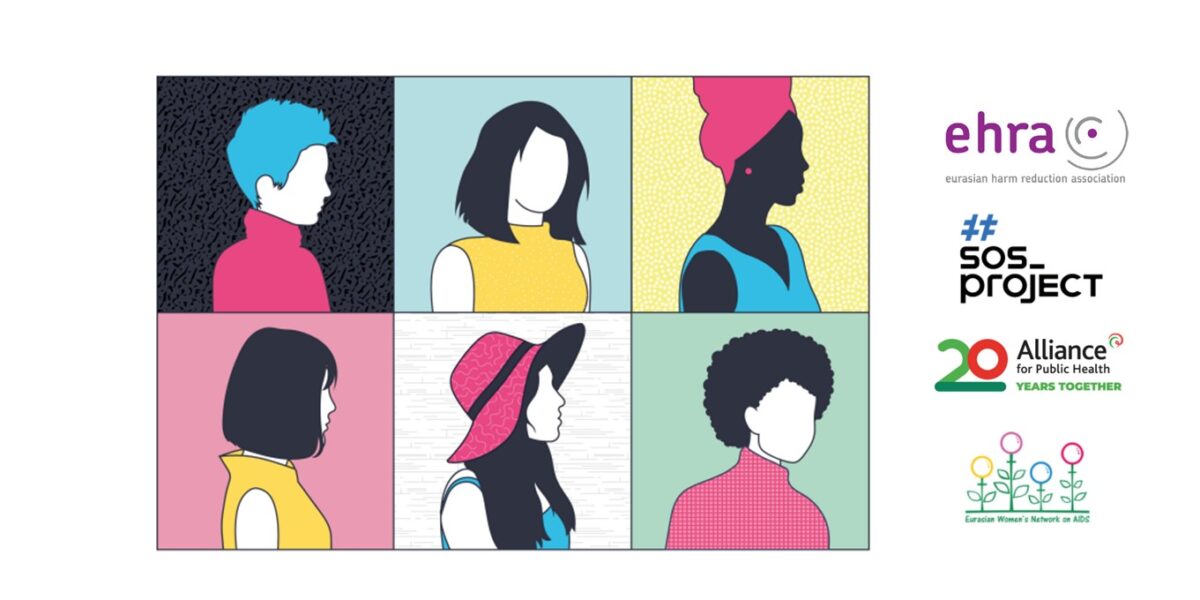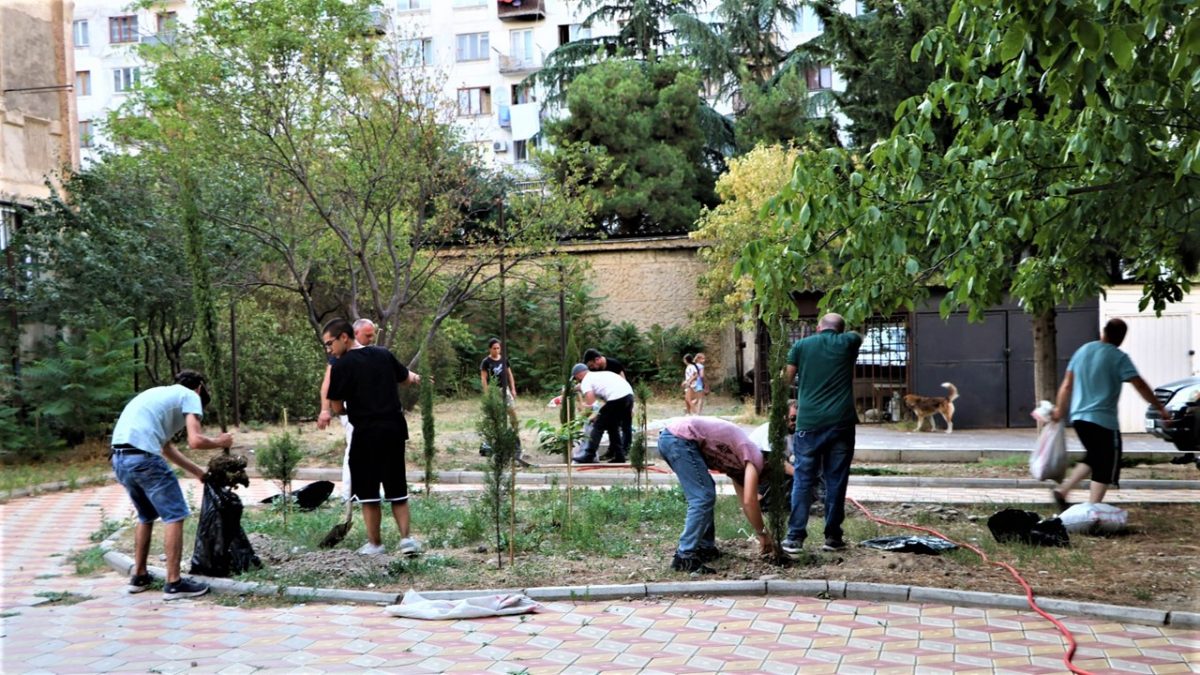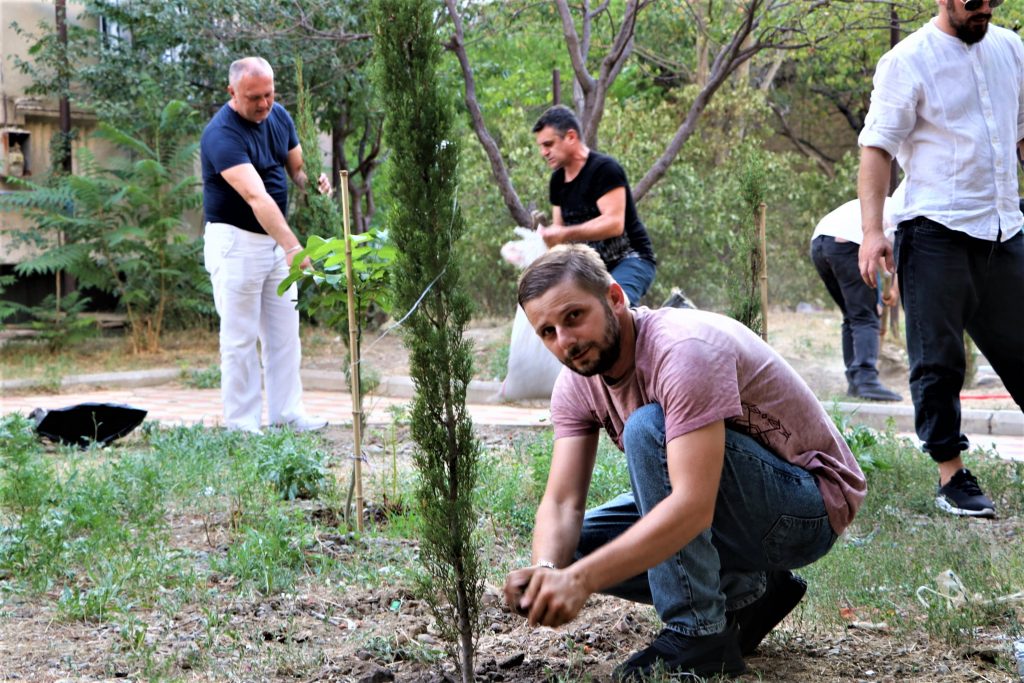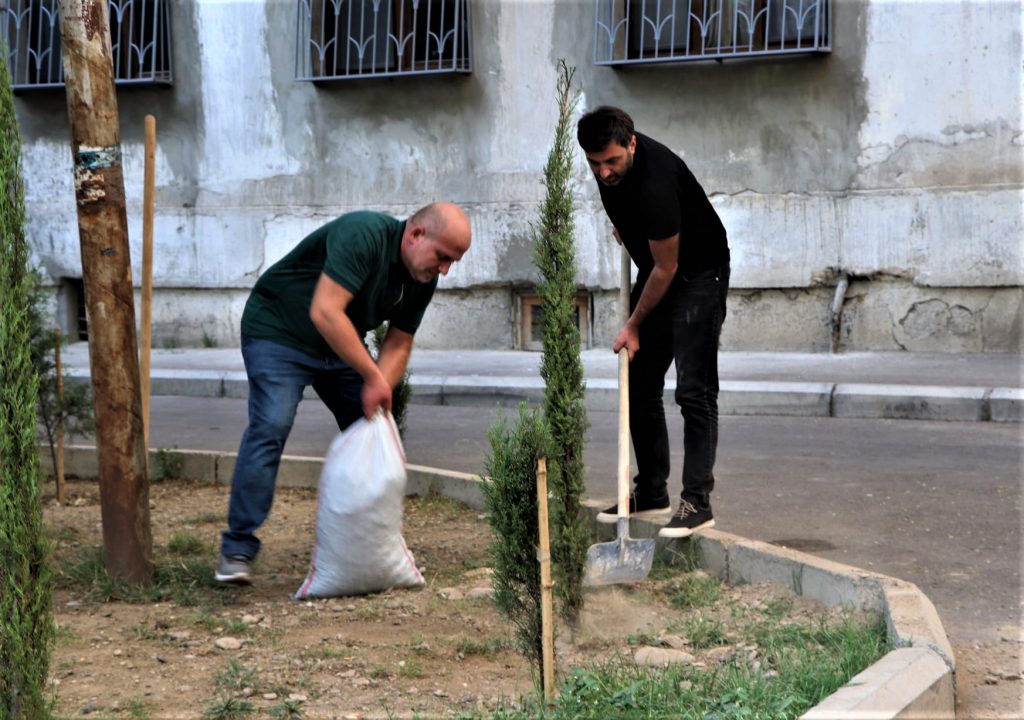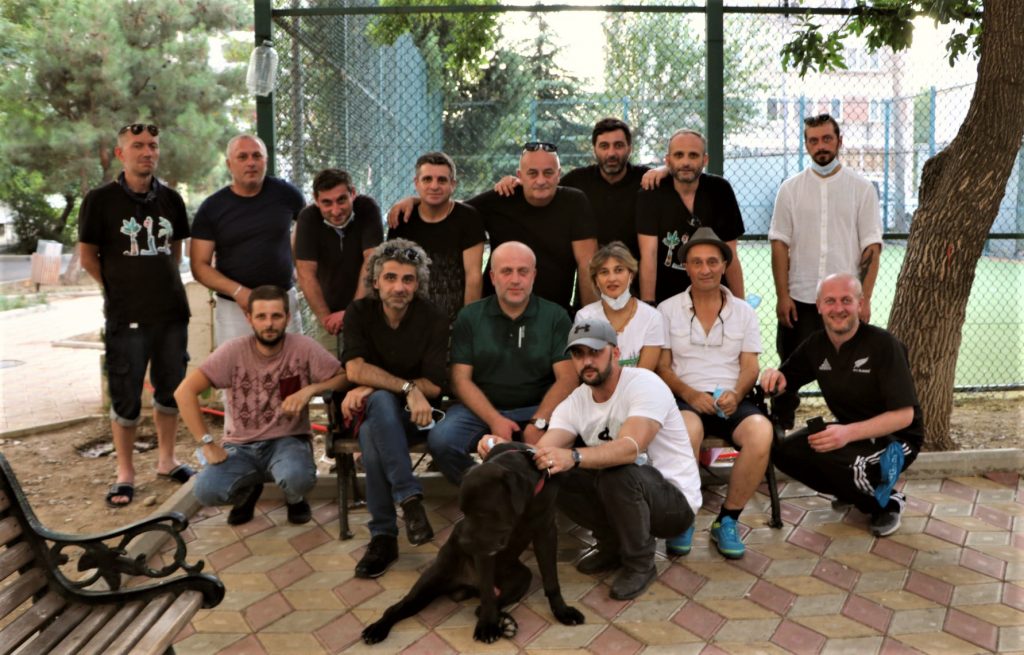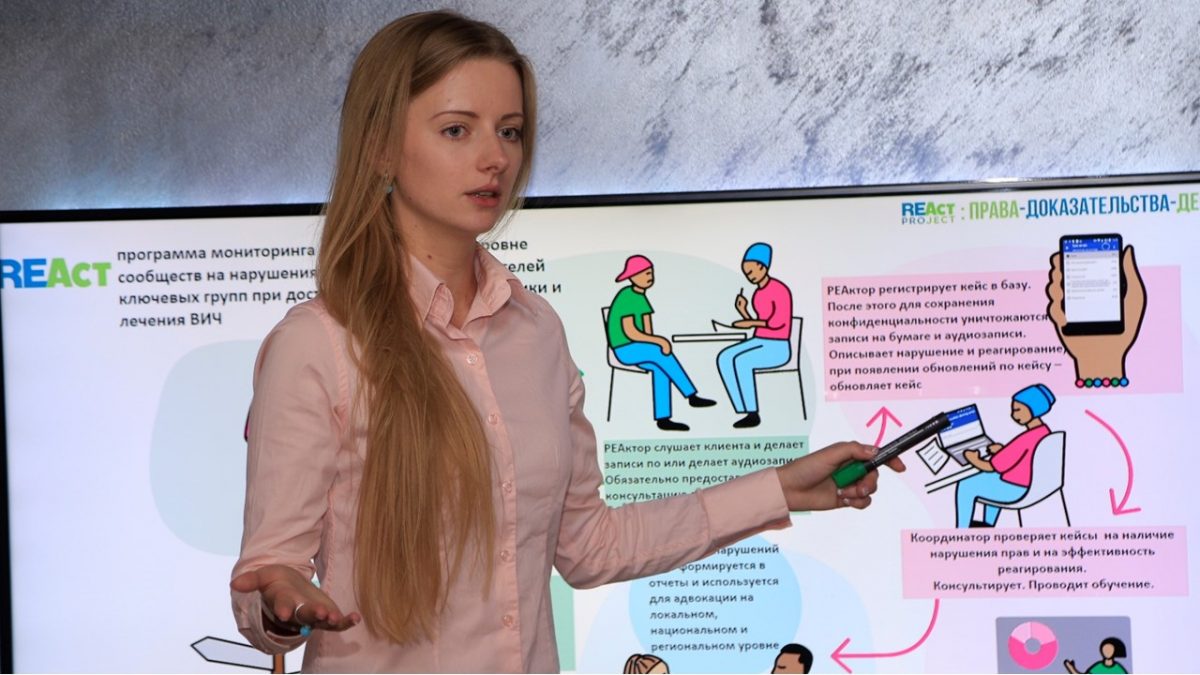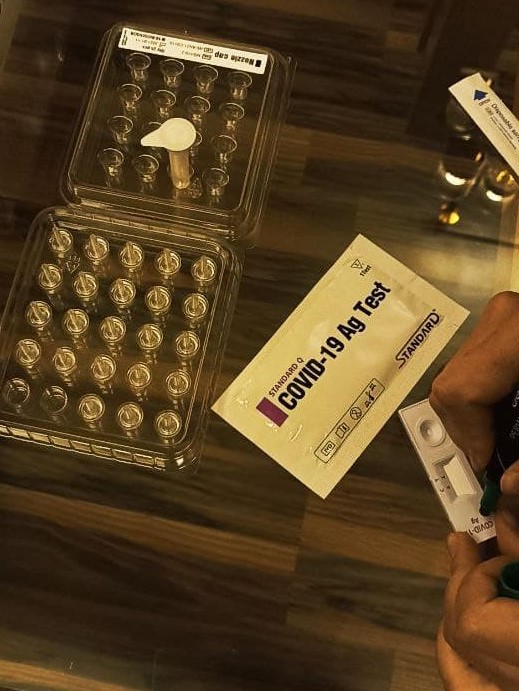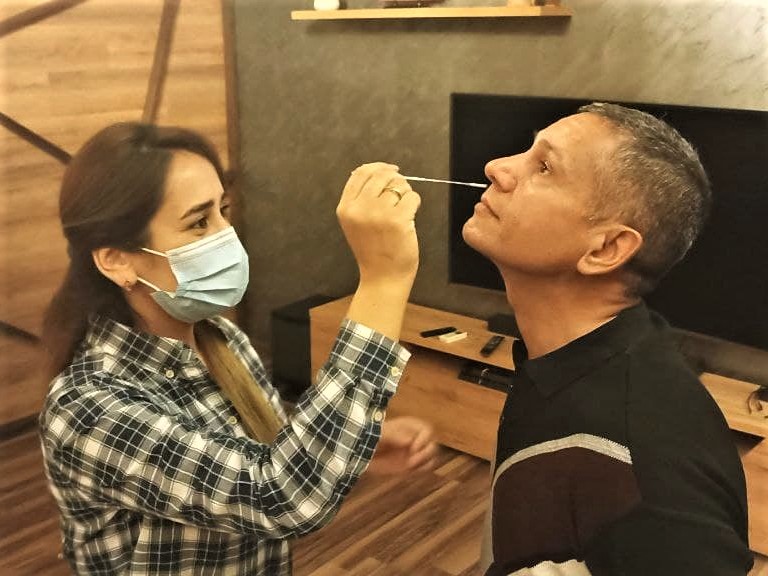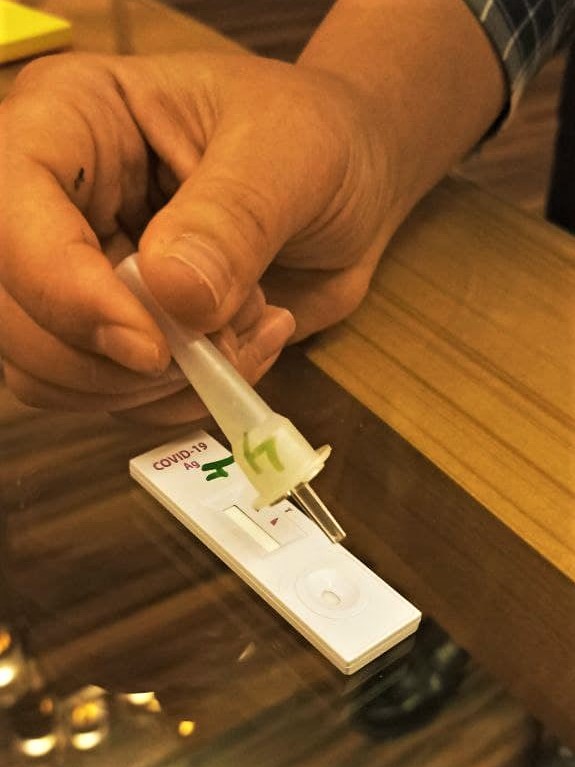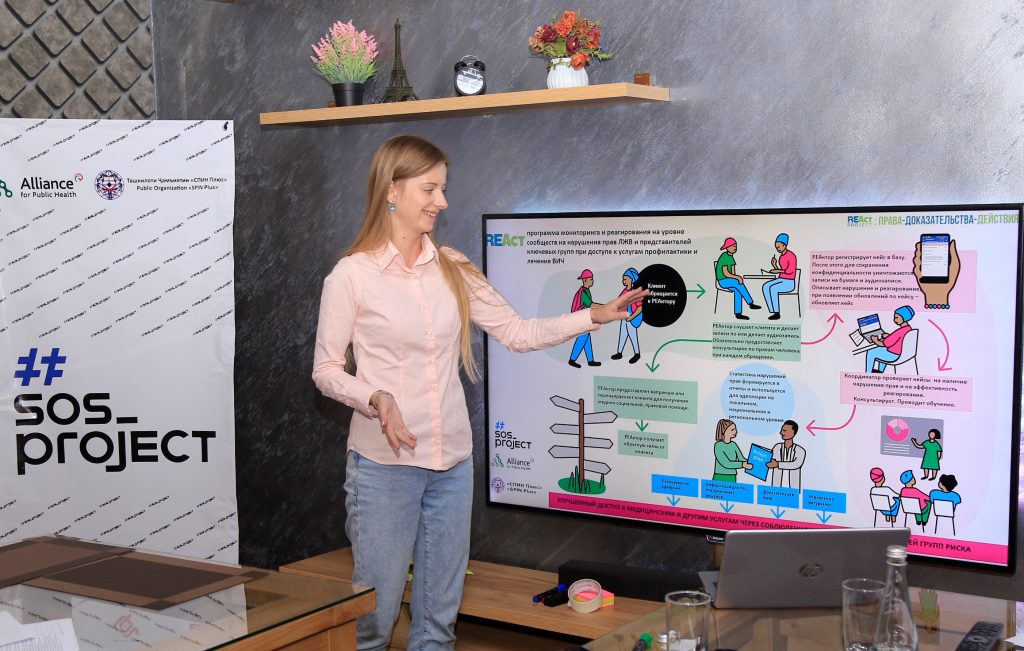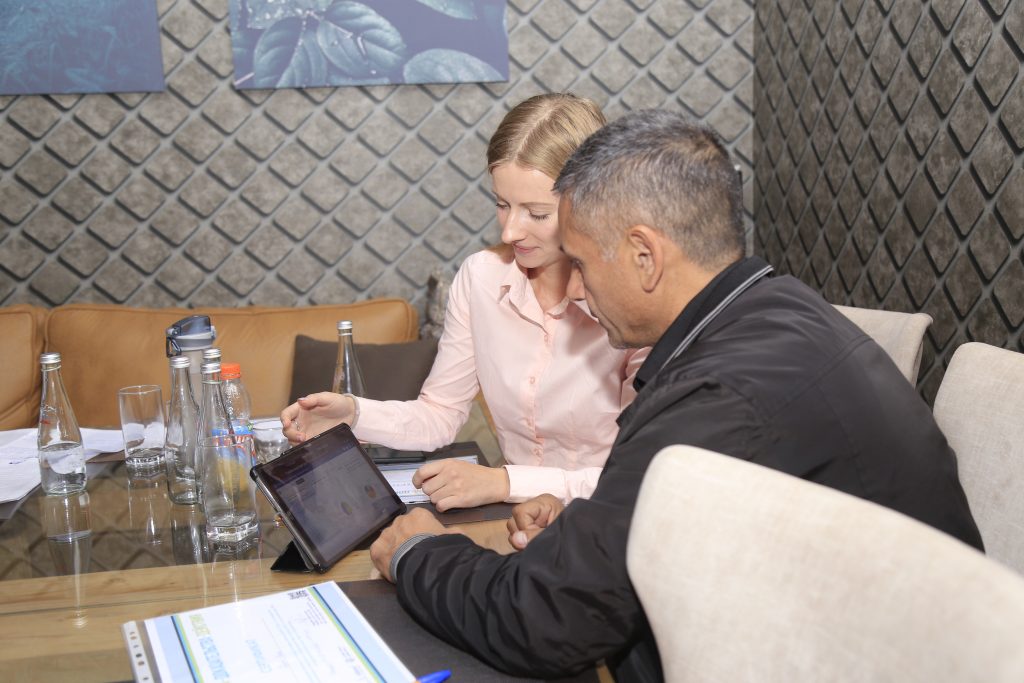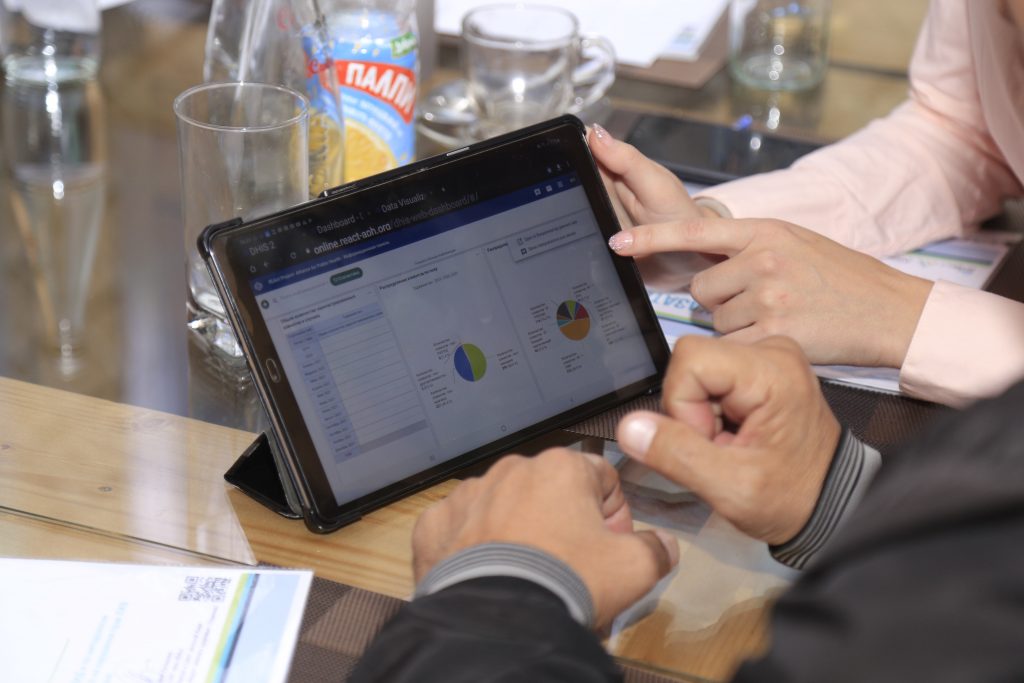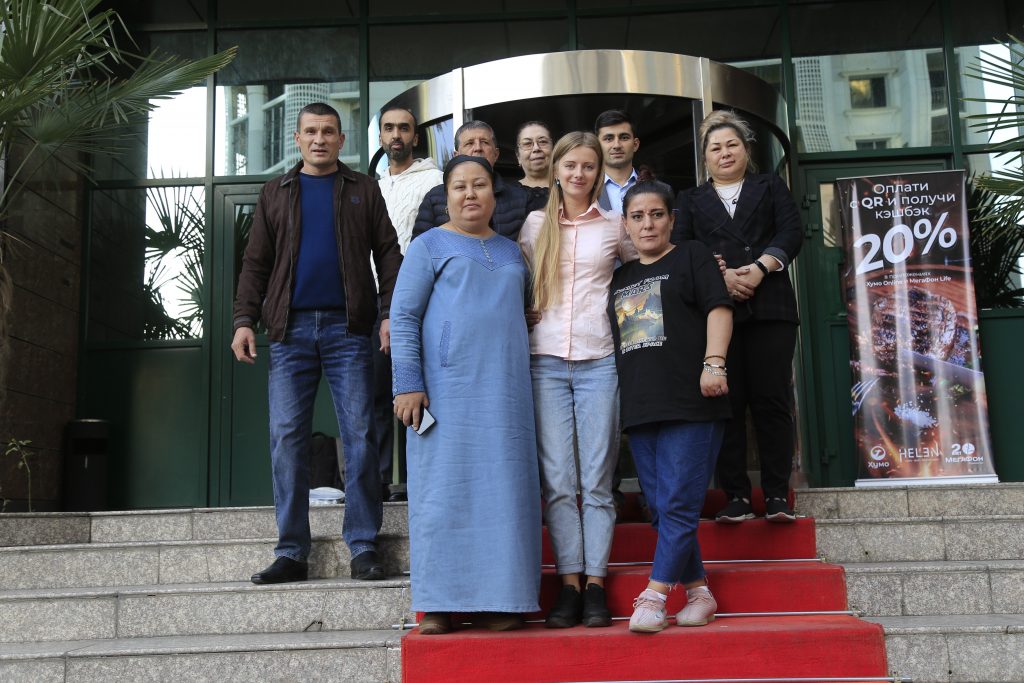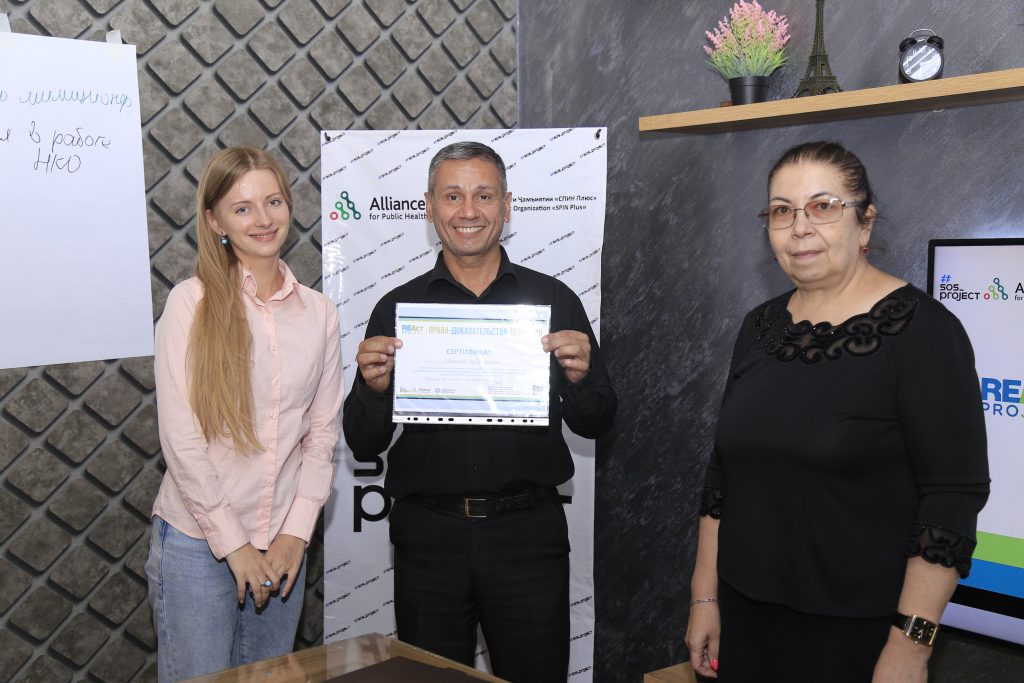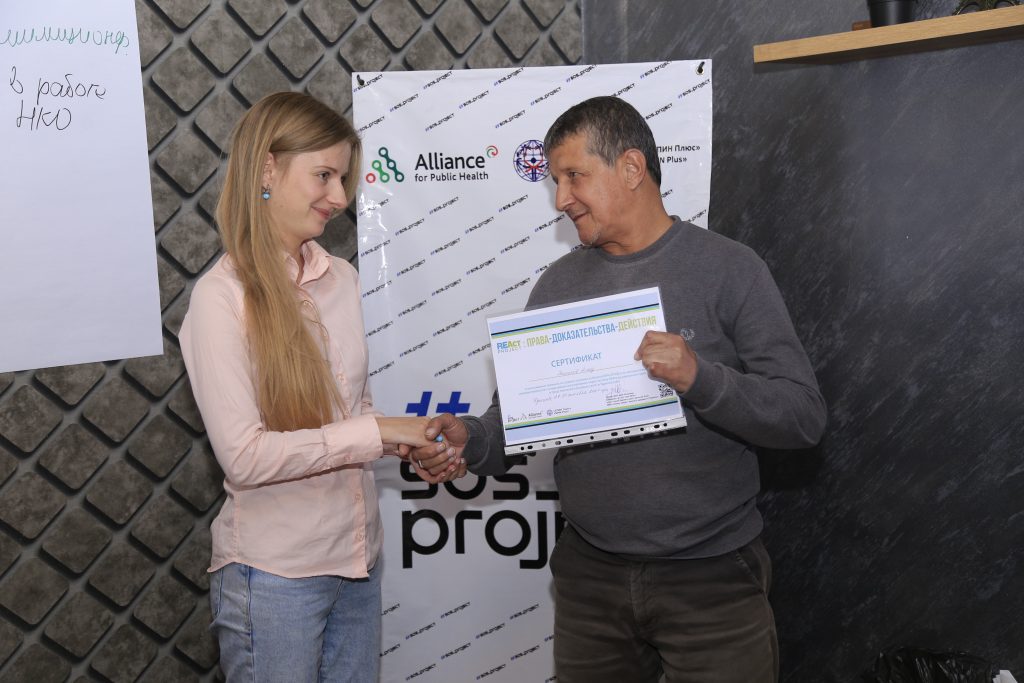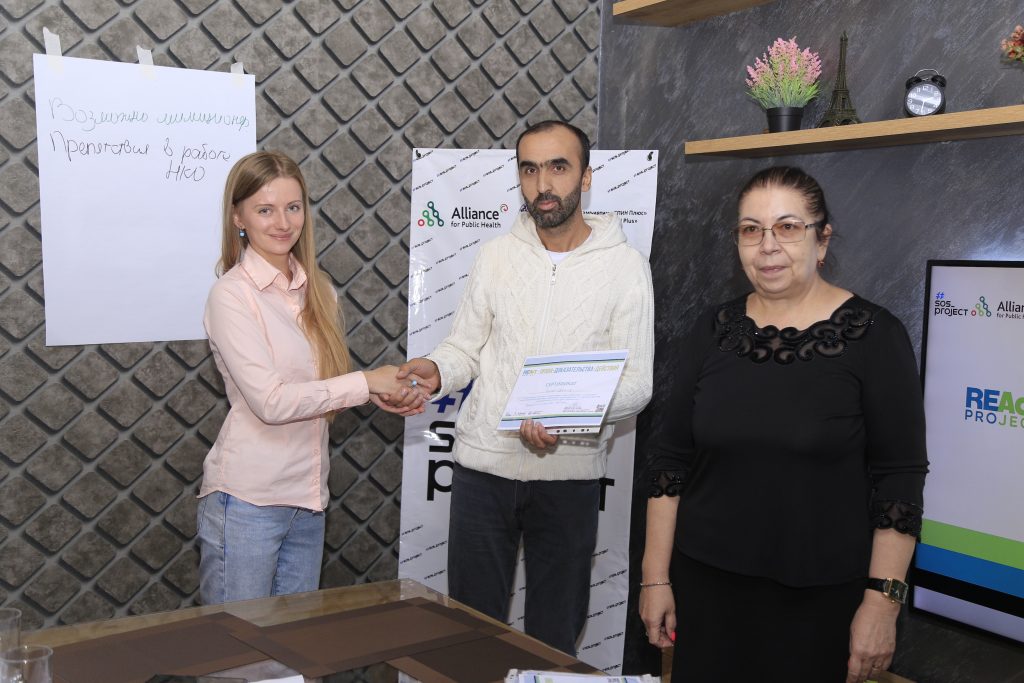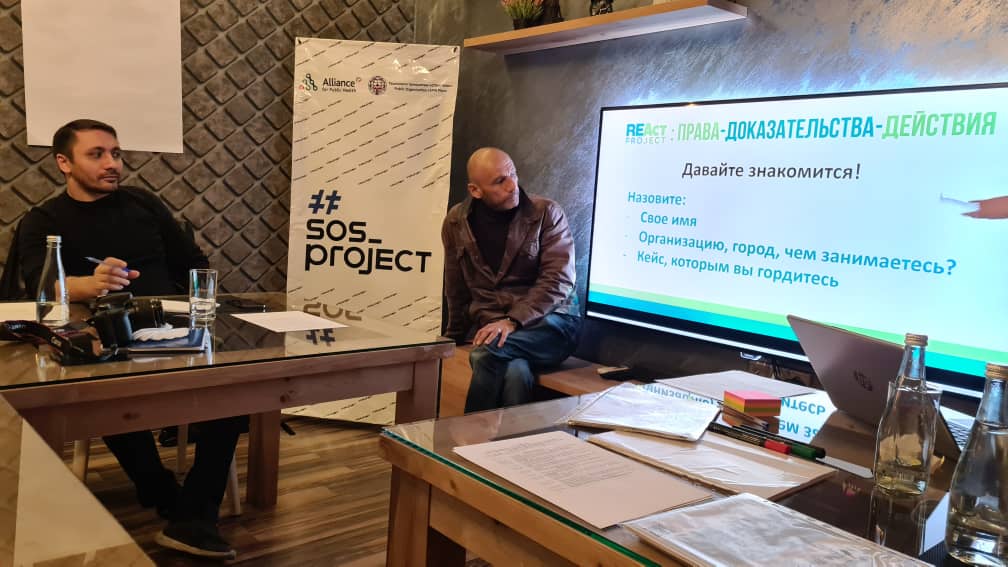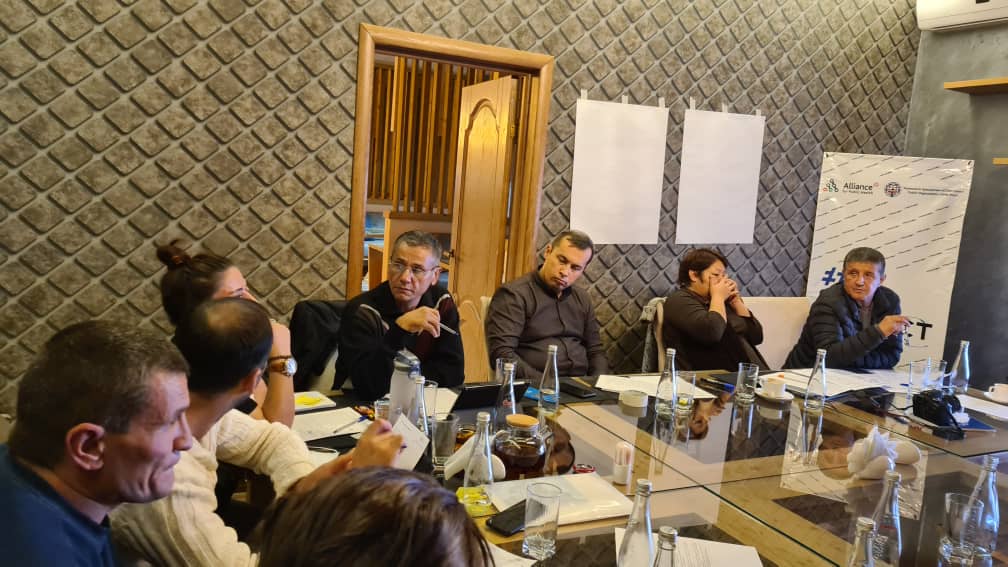You risk not only your health, but also your reputation
By law, doctors and medical staff are not allowed to disclose information related to the patient’s health without his/her consent. Alas, this rule is often violated, which causes family conflicts, nervous breakdowns, and even suicide attempts. This is especially true of diagnoses that are still condemned in some countries, including Tajikistan: HIV / AIDS, hepatitis, and psychiatric illness…
Of course, there are times when it is necessary to talk to third parties about the diagnosis, for example:
- when the patient is not able to express his will (in a state of coma), and doctors need to know if he/she suffers from diabetes and if he is taking any medications.
- in case of an unfavorable prognosis of the development of the disease. Then it is allowed to provide information about the patient’s state of health to his spouse or one of the close relatives
- with the threat of the spread of infections or mass poisoning.
- either when there is a trial (you can transfer information about the disease upon request to the relevant authorities), or the patient is a minor (information about the disease is transmitted only to his parents or guardians).
By the way, in Soviet medical institutions (usually these were oncologic dispensaries), after the examination, three extracts were drawn up: one remained in the card of the department, the second was for a medical institution, and the third was handed over in an envelope. Moreover, often not even to the patient, but to his relatives (this was done out of good intentions: relatives can more delicately inform the patient about difficult news).
In a stigmatized society, many people are still forced to hide their status. But the information scatters in seconds, as soon as it “goes outside”: the doctor told the nurse, the nurse told her friend, a friend – a relative, and the town is so small… And the disclosure of medical secrets becomes a real crime against this person.
Neighborhood close to tortures
Alfia (name has been changed) has lived in the town *** all her life, led a normal life.
The woman learned that she had HIV during her pregnancy. There was shock, doubts, a depressed state, but after weighing all the pros and cons, I decided to give birth. The baby was born healthy.
The delivery was attended by nursing staff who knew about her status, including a nurse – her neighbor.
A year later, during a quarrel, the nurse began to insult Alfia and shout to the whole yard: “Alfia has AIDS, Alfia is a prostitute, etc.” And her son threatened to write the name and status of the woman on the poster so that all other neighbors would know about it.
For Alfia, it was a strong psychological blow, it became ashamed and scared. Going outside has become like torture for her, and she thinks about moving, fearing bullying from neighbors.
Corpus delicti … not found
Alfia came to REActor. Together with the REAct lawyer, a statement was drawn up to initiate a criminal case against the nurse and submitted to the prosecutor’s office in accordance with Art. 145 of the Criminal Code of the Republic of Tajikistan (On medical secrecy). Criminal liability under this article is imprisonment for up to 2 years with the deprivation of the right to hold certain positions or engage in certain activities for the same period (maximum penalty).
However, according to a written response dated September 14, 2021, number 12 / 230-21, the prosecutor, having examined the application against the nurse, did not reveal any offense in her actions, which would fall under Article 145 of the Criminal Code of the Republic of Tajikistan. In this connection, unfortunately, it was refused to initiate a criminal case.
What does the law say?
According to Art. 23 of the Constitution of the Republic of Tajikistan (RT), the collection, storage, use and dissemination of information about a person’s personal life without his consent is prohibited, i.e. establishes the right of every citizen to privacy, personal and family secrets. Medical secrecy is a personal secret.
Medical and pharmaceutical workers are obliged to keep medical confidentiality (information about the state of health, about visiting a health care organization) and other personal information (Article 49 of the Health Code of the Republic of Tajikistan). Also, according to part 2 of article 162 of the Health Code of the Republic of Tajikistan, information received about HIV infection is confidential (medical secret) and at the request of health authorities, if this is required in the interests of protecting public health in order to prevent the spread of infectious diseases, on the basis of a court order or upon request the investigating authorities are provided with such information. It is prohibited to use this information for the purposes of criminal administrative prosecution of persons, except for the cases established by the legislation of the Republic of Tajikistan.
В случае отсутствия названных в законе условий врач не имеет права разглашать врачебную тайну. Он не может предоставить такого рода информацию даже родным и близким больного. Обязанность не разглашать сведения, составляющие врачебную тайну, распространяется, прежде всего, на медицинских работников (врачей, медицинских сестер, санитарок, сиделок, регистраторов, студентов, проходящих практику в лечебных учреждениях) и фармацевтических работников. Если диагноз пациента разгласили лица, которые узнали о нем при исполнении служебных обязанностей, они могут быть привлечены к ответственности.
You might be interested in:
The invisible barrier: how fear makes one silently endure
Positive marriage: in Tajikistan, HIV-positive status is an obstacle to marriage registration
Breakthrough in human rights protection in Tajikistan: court fined 20,000 somoni from husband for disclosing wife’s HIV+ status



